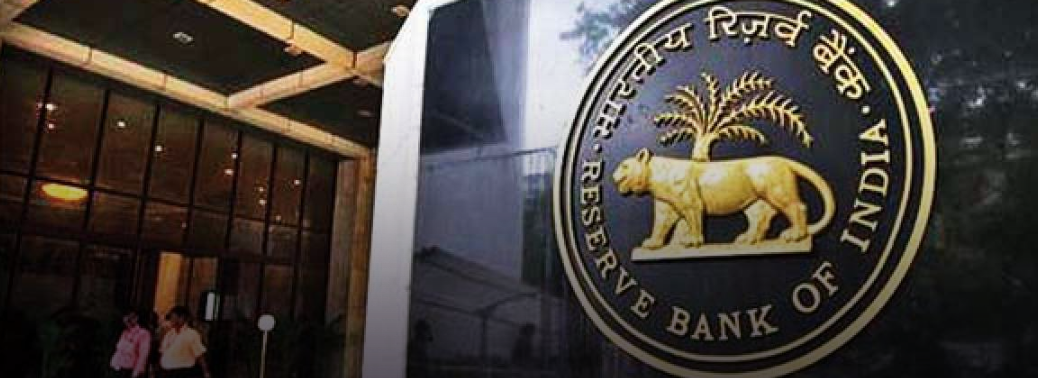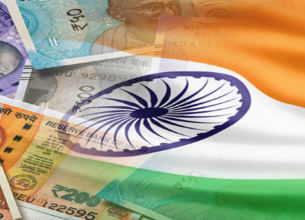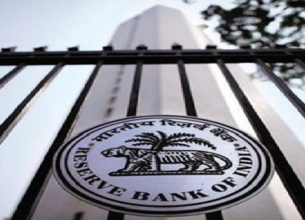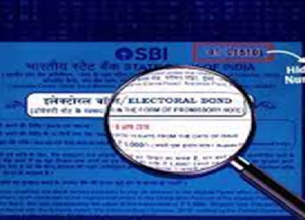RBI to Inject Rs. 37,500 Cr through OMO in FEB
30, Jan 2019

Prelims level : Economy
Mains level : Indian Economy and issues relating to planning, mobilization, of resources, growth, development and employment.
In News:
- The Reserve Bank of India (RBI) said that it will inject Rs. 37,500 crores into the system through purchase of government securities in February to increase liquidity.
Background:
Open market operations (OMO):
What is it?
- Open market operations are conducted by the RBI by way of sale or purchase of government securities (g-secs) to adjust money supply conditions. The central bank sells g-secs to suck out liquidity from the system and buys back g-secs to infuse liquidity into the system.
- These operations are often conducted on a day-to-day basis in a manner that balances inflation while helping banks continue to lend. The RBI uses OMO along with other monetary policy tools such as repo rate, cash reserve ratio and statutory liquidity ratio to adjust the quantum and price of money in the system.
What its Signficance?
- In India, liquidity conditions usually tighten during the second half of the financial year (mid-October onwards).
- This happens because the pace of government expenditure usually slows down, even as the onset of the festival season leads to a seasonal spike in currency demand. Moreover, activities of foreign institutional investors, advance tax payments, etc. also cause an ebb and flow of liquidity.
- However, the RBI smoothens the availability of money through the year to make sure that liquidity conditions don’t impact the ideal level of interest rates it would like to maintain in the economy. Liquidity management is also essential so that banks and their borrowers don’t face a cash crunch. The RBI buys g-secs if it thinks systemic liquidity needs a boost and offloads them if it wants to mop up excess money.
- The cental bank’s signal that it will move to a ‘neutral’ liquidity stance from a ‘deficit’ stance, hints at more liquidity in the system in future. This could arm banks with more funds for lending, and lead to softer interest rates in the economy.
- This is good news for both businesses as well as individuals. However, large open market purchases by the RBI can give the government a helping hand in its borrowing programme and are frowned upon for this reason. In April 2006, the RBI was barred from subscribing to primary bond issues of the government.
- This was done to put an end to the monetisation of debt by the Reserve Bank. However, that didn’t stop the process. With rising fiscal deficit, the RBI has been criticised for accommodating larger government debt by way of OMO.










